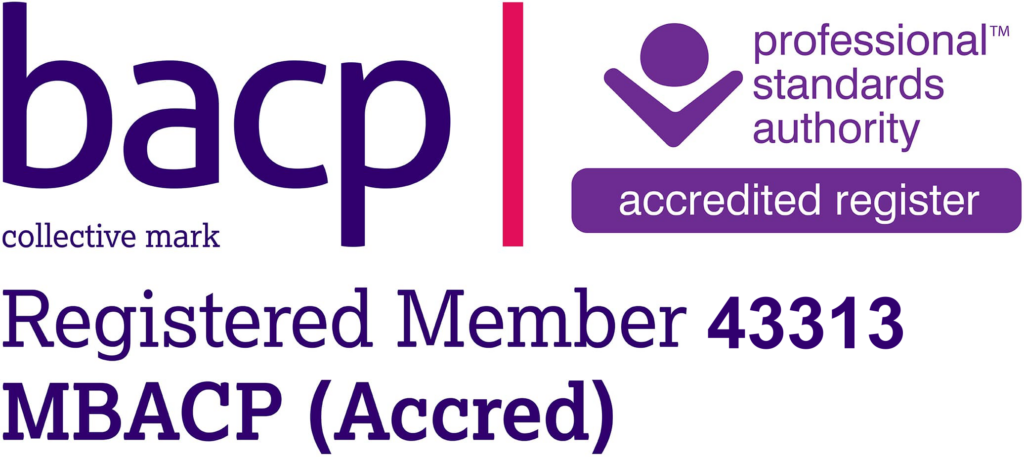Imagine coming into a room full of strangers and immediately you feel self-conscious. They are all enjoying themselves drinking, laughing and talking, but when you come in, it seems that they look at you, grimace and look away. Or perhaps they stare and whisper to their friends. Or worse still, everybody in the room goes mysteriously quiet.
Is this your worst nightmare? This is how things appear when you are in the grips of social anxiety. An extreme state of self-consciousness takes over, which not only ruins parties, but makes it impossible for to venture into the most ordinary social situations. It can even make working in an open-plan office intolerable.
The Effects of Self-Consciousness
Everyone suffers from self-consciousness at times, but for some people it becomes excessive. When they become self-conscious, they feel like a spotlight has been turned on them, and in the harsh glare of that light, they are judged negatively for everything they do and say. They feel totally vulnerable.
Socially anxious people have thoughts running through their heads, such as:
- I hate everything about the way I look
- Everyone is laughing at me
- I feel so out-of-place
- I don’t fit in
- Everyone looks better than me
- Other people are judging my every move
Apart from the thoughts, there are many other symptoms of self-consciousness and social anxiety. These include:
- Being unable to think straight
- Feeling intensely nervous
- Becoming hot – and being very conscious of it
- Noticing how strange your voice sounds
- Feeling watched and scrutinised
- Becoming clumsy
- Shaking
Once you become self-conscious about these symptoms, then they all become that much worse, as if they had been turned up a notch or two in volume. That in turn makes you more self-conscious, and so on, in a vicious cycle.
Your mind becomes overwhelmed by anxious thoughts about these symptoms and about what other people may think about you. You feel an intense need to protect yourself. So you turn away from other people, perhaps physically, or by going quiet, or even by leaving the stressful situation altogether.
All this self-consciousness and preoccupation with what is going on for you, makes it harder to take in information from the outside. Ordinary tasks like holding a drink feel unnatural and strange, making you shake or become more clumsy. You may lose track of a conversation, and when you’re asked a question you may become tongue-tied or your mind may go blank.
You then feel more foolish and more self-conscious. The feelings of anxiety may get stronger and stronger and seem (to you) to be even more obvious to others.
And so the whole cycle continues, on a downward spiral.
What’s the answer to self-consciousness?
The most helpful thing to do if you overwhelmed by self-consciousness and anxiety in social situations, is to learn how to direct your attention away from yourself. Instead of focusing on what is happening inside you, focus on what is happening outside in the world around. Once you can do this, then it becomes much easier to be natural and to feel comfortable – in fact you feel more comfortable automatically.
Of course, turning your attention outward probably sounds impossible! But in fact you already do this regularly, just not in the situations when you feel anxious. You do it when you are on your own, or watching TV, or talking to someone you feel safe with or that you trust.
So outward focusing is something that you already know how to do. It’s only when you come to a stressful social situation such as a party, that this outward focusing becomes so difficult. This is because what is happening outside – other people –becomes the source of perceived danger and fear and so you want to turn away from that perceived threat.
The key to solving this puzzle is two-fold: first, a two-stage exercise and second, adopting an attitude of curiosity.
The two-part exercise
1. First, make a strong, conscious decision not to think about all the unpleasant things that are going on in your body, your feelings and your thoughts.
To do this you must first accept that the perceived danger from other people is not real. If it seems impossible to really accept this, then accept that you are simply trying out this attitude as an exercise just for a few minutes and imagining that the threats from others aren’t real.
In addition, realise that there is nothing to be gained by dwelling on the unpleasant feelings and experiences going on inside you. Thinking about them may seem like it prepares you for the worst, yet in fact self-focus has far more disadvantages than advantages, setting off the self-consciousness described above.
2. Once you have made the decision not to think about yourself, fill your mind with something else.
What this means in practice, is that you have to focus on what is happening around you, giving your attention to the people you are interacting with. This isn’t an absolute thing – you don’t have to give other people 100% of your attention. But you do need to create a new balance, where much more of your focus goes on other people.
This is where curiosity comes in. I know that ‘filling your mind with something else’ may sound like you’ve been asked to climb Mount Everest before breakfast. But it is possible, if you use your curiosity. We are all curious about others. Now is the time to give your mind some really interesting question to ponder on and work out, while you focus on others.
You could set yourself the task of finding out something about the other person, perhaps what their job is, where they live, or what they enjoy. Or you could think about how they dress or try to work out how they might be feeling inside. You could find out what their interests are outside work, or imagine how you would describe them to someone else, or what you would write about them in your diary. It’s good to make this curiosity positive.
When your mind wanders, as it inevitably will, just bring it back. No one’s attention is static and it’s normal for your mind to wander. Simply come back to the other person and to the questions which you are curious about.
Treat this whole exercise in combating self-consciousness as just that, an exercise, a new way of being with others. There are no failures here. This is simply something new you are learning to do.
And push yourself, going just a bit further than feels comfortable. Treat it as acclimatisation. Stay five more minutes at the party. Talk to that stranger just a bit longer than you normally would and see if you can extend your comfort zone over time.
If you would like to read more about anxiety in general, please see this page. You can also read more about social anxiety here.
To discuss how counselling can help, and to organise an initial session, please get in touch.



